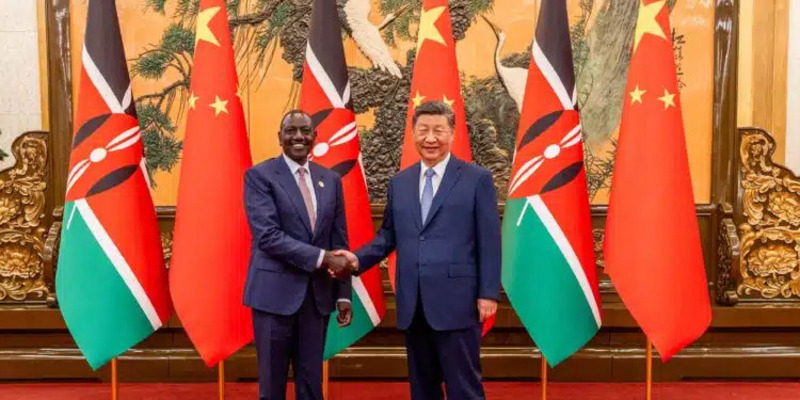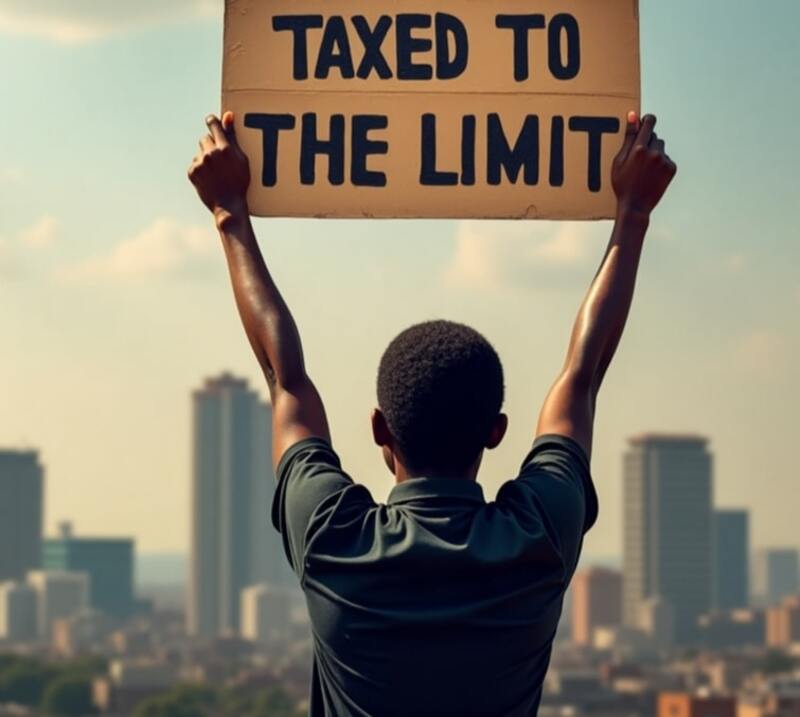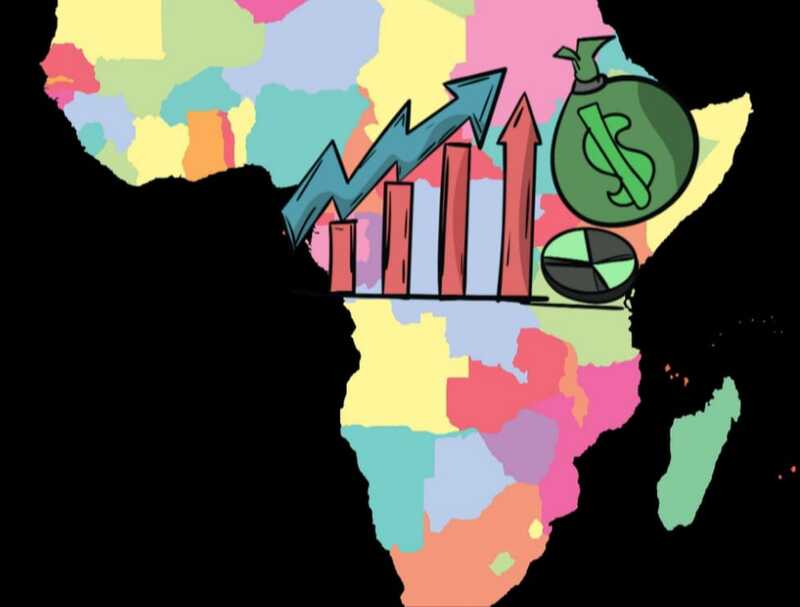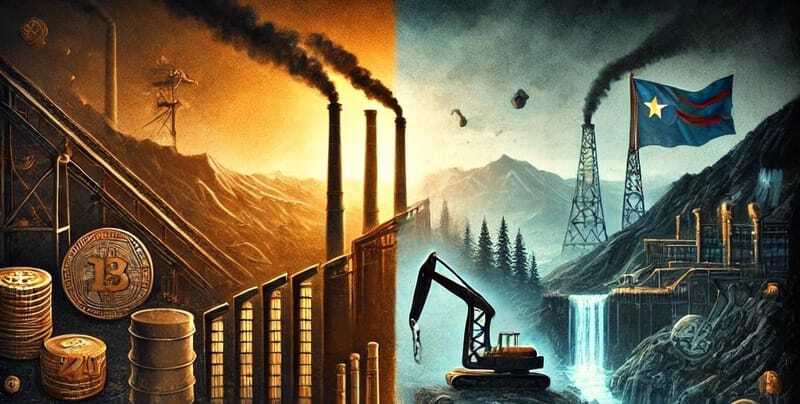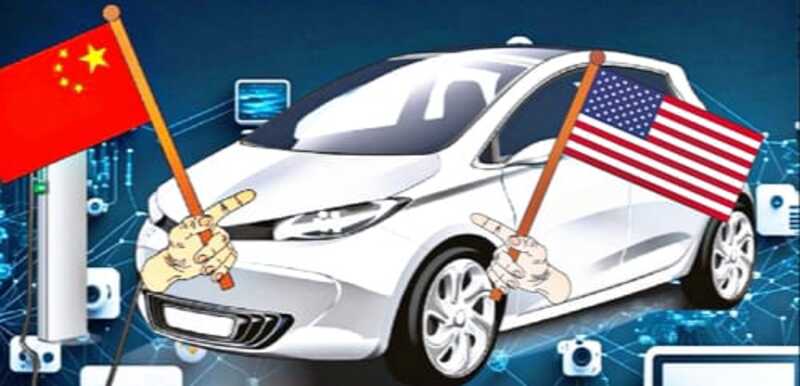 An EV vehicle that relies on Cobalt for manufacturing lithium batteries with China and the US taking centre stage in DRC. Photo Credits: Pixabay
An EV vehicle that relies on Cobalt for manufacturing lithium batteries with China and the US taking centre stage in DRC. Photo Credits: Pixabay
Drc's Paradox: Can Drc Harness Innovation And Resources Amid Turbulence In The Country?
Africa
Business
The DRC’s political history has been marked by coups, civil wars, and contested elections. The 2023 elections secured President Félix Tshisekedi a second term, but allegations of electoral fraud and governance inefficiencies persist. Corruption and weak institutions deter foreign investment, with the DRC ranked 166th out of 180 countries in Transparency International’s 2023 Corruption Perceptions Index.
Efforts to reform the business environment are underway, including a revised mining code and the establishment of the Economic and Social Council (CESC) in 2022. However, bureaucratic inefficiencies and weak enforcement remain significant obstacles.
Economic Landscape: Rich Resources, Unfulfilled Potential
The DRC holds the world’s largest cobalt reserves, critical for electric vehicle (EV) batteries, alongside significant deposits of copper, gold, and diamonds. Mining contributed 17% of GDP and over 95% of export revenue in 2022. Yet, illegal mining operations, political interference, and inadequate infrastructure prevent the sector from reaching its full potential.
Beyond mining, industries like agriculture and telecom are showing resilience. Mobile money services offered by companies like Orange and Vodacom are expanding rapidly, while agribusiness startups are improving food supply chains despite logistical challenges.
China and the USA: Competing for Influence
China has established itself as the DRC’s largest economic partner, particularly in the mining sector. Chinese firms control significant portions of cobalt and copper mining operations, with companies like China Molybdenum and Zijin Mining leading production. However, concerns over exploitative contracts and environmental damage have led the Congolese government to renegotiate some deals.
The United States, meanwhile, is countering China’s influence by focusing on three key areas:
- Mineral Supply Chain Diversification: Partnering with DRC and Zambia to establish regional battery metal processing hubs.
- Governance and Transparency: Supporting anti-corruption efforts and business reforms through USAID programs.
- Security Cooperation: Providing military aid to bolster peacekeeping operations and regional stability.
Despite these efforts, U.S. companies remain cautious due to political instability and security risks.
Conflict and Its Economic Impact
Eastern DRC remains plagued by conflict, with the resurgence of the M23 rebel group exacerbating the humanitarian crisis. Violence has displaced over 6.9 million people and disrupted key trade routes, particularly in North Kivu. Accusations of Rwanda backing M23 have strained regional relations and complicated peace efforts.
In response to ongoing instability, innovation has emerged:
- Fintech startups are developing mobile banking solutions for displaced populations.
- Blockchain-based land registries aim to secure property rights even in unstable regions.
- Regional and international actors, including the East African Community (EAC) and the African Development Bank (AfDB), are stepping in to stabilize the region and rebuild trade routes.
The Rise of DRC’s Tech Sector
Despite persistent political challenges, the DRC’s tech sector is on the rise. Kinshasa and Lubumbashi are emerging as hubs for fintech, e-commerce, and agritech. Mobile money services have brought financial inclusion to millions, with mobile penetration reaching 46% by 2023.
Key drivers of this growth include:
- The National Digital Plan (Plan National du Numérique 2025), which aims to improve connectivity and support startups.
- Google’s $1 billion investment in African digital infrastructure, including fiber-optic expansion projects in the DRC.
- Local entrepreneurs are leading innovation with platforms like Flash International and AgriZoom, although challenges such as high internet costs and inconsistent regulations persist. Prioritizing digital investment could position the DRC as a leading tech hub in Central Africa.
Turning Challenges into Opportunities
The DRC stands at a crossroads. With abundant natural resources, a youthful population, and a growing tech ecosystem, the country holds immense promise. Yet, realizing this potential will require political reforms, stronger institutions, improved security, and sustained investment.
International partners will play a crucial role in shaping the DRC’s future. By balancing global partnerships with ambitious domestic reforms, the DRC could transform its natural wealth into long-term prosperity—and emerge as Africa’s next economic powerhouse.
